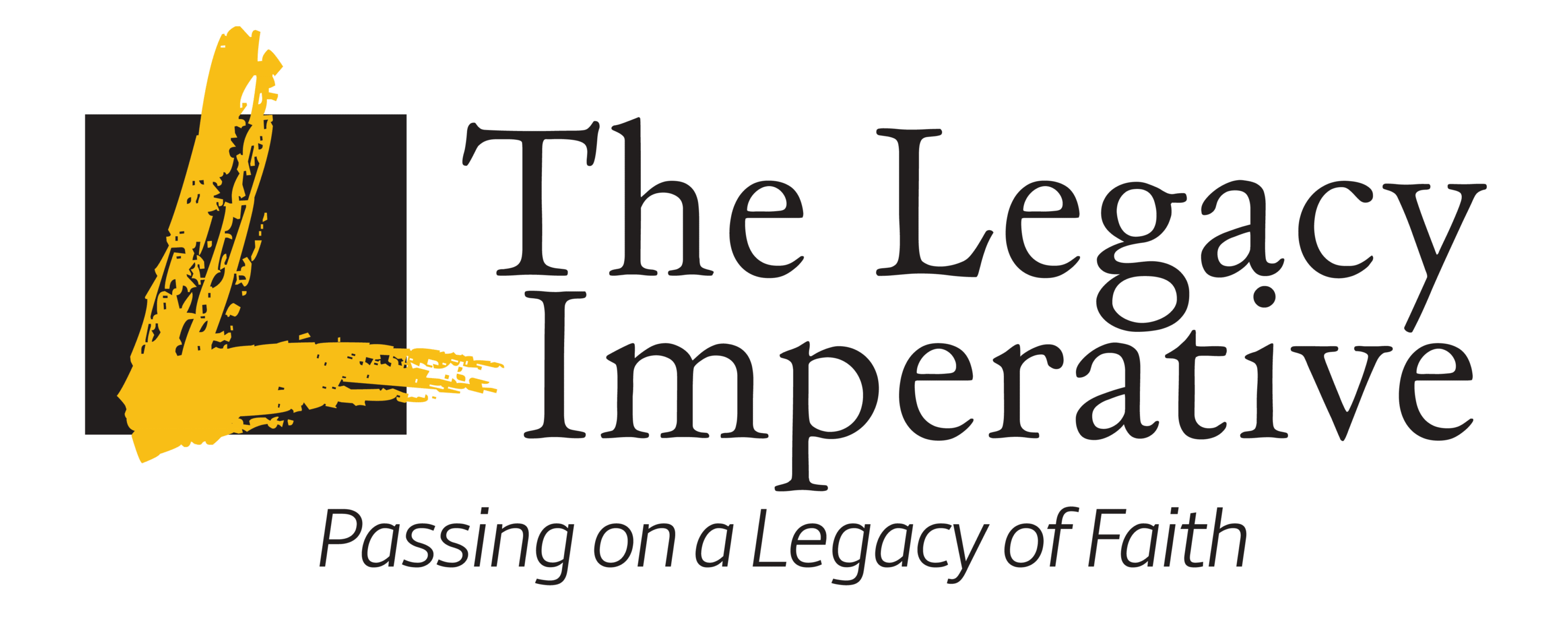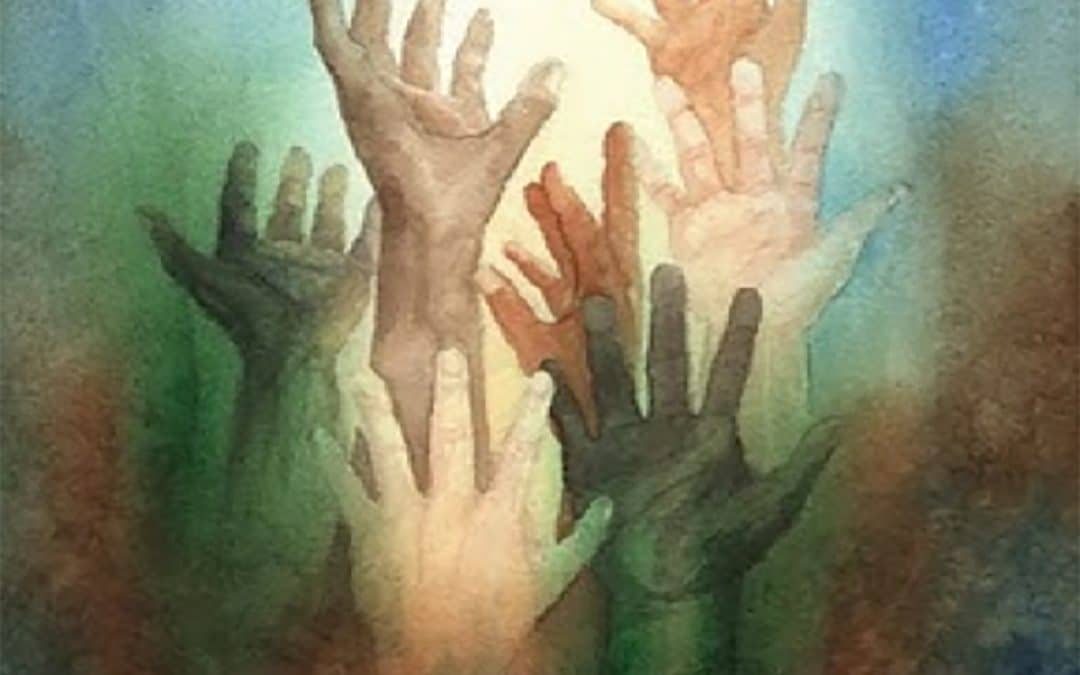Caught Between Two Paradises
There is a reason for this season of discontent, and it transcends COVID 19.
An April 6, 2020 New York Times headline screamed, “A New COVID-19 Crisis: Domestic Abuse Rises Worldwide.” In the U.S., calls to suicide hotlines spiked 300 percent. Even though the curve has been flattened, there is fear of a second wave of COVID-19 as well as an economic depression. To quote Charles Dicken’s Tale of Two Cities, this is “…the season of darkness…the winter of despair.”
But should there be despair in my upscale, gated golf community? If you listened to the complaints of my affluent neighbors, you might guess they were surviving on bread and water in a maximum-security prison. Instead, they survive this lockdown in luxury houses with oversize flat screens that allow them to Netflix binge after a day on the golf course. They swim in heated pools, barbeque on high-tech grills, gab with friends on social media, and FaceTime with grandkids.
Compare that to the heritage village I visited in the Scottish Highlands. We entered a 200-year-old stone house with thatched roof and dirt floor. At one end was a little stove that burned peat. There was no glass in the windows, no running water, indoor toilet, closets, or dividing walls. The old cottage was about the size of my den. I asked how many people normally lived in this hovel. Our guide replied that on average there were two parents, six to eight children, and an aged grandparent. She added that sheep and goats were often brought into the house on a cold winter’s night.
As I watch a parade of psychologists come on TV to help us cope with being cooped up in our houses, I often think back to that stone cottage in Scotland. How did those 18th Century Highlanders survive emotionally? Have we Americans become too soft and fragile?
I empathize with the fears of those who are fighting for their lives, the sorrows of those who’ve lost loved ones, the stress and weariness of essential workers, and the anxiety of those who’ve lost jobs, businesses, and savings in this lockdown—but not with the complainers at the golf club. Nor myself, when I fall into a cabin fever funk.
The truth is, we complain too much—about the weather, our spouses, family, aches and pains, taxes, pastors, politicians, referees, coaches, slow checkout lanes, cramped seats on airliners, movie endings, and traffic. The list of things that disappoint are endless. Before and after COVID-19 we will always find plenty of reasons to be irritated, frustrated, or discontent.
So, why are we such unhappy creatures? The Bible has the best answer. It is wonderfully captured in John Milton’s Paradise Lost and Paradise Regained. In those two epic poems, England’s greatest poet says that we are caught somewhere between two paradises: the one lost by the first Adam and the one yet to be brought by the Second Adam, Jesus Christ. Hardwired in every child of Adam is the faint memory of a lost Garden, and an inescapable longing for a better world yet to come. No matter how good things may seem, we all know that something is now missing.
This insatiable longing for paradise is the cause of all dissatisfaction. Our desire to find paradise is the stuff of utopian dreams, the lure that politicians dangle before voters, the hook in all sales presentations, and the promise in every marriage proposal. But these promises of paradise never deliver. Paradise is only possible when God creates it. Men’s utopian attempts are always flawed copies of the one lost and the other yet to come. Therefore, they never satisfy for long.
C.S. Lewis put it this way: “If we find ourselves with a desire that nothing in this world can satisfy, the most probable explanation is that we were made for another world.” Only in that other world can we find paradise. And what—or Who—is that paradise? St. Augustine prayed in his Confessions, “You have made us for yourself, O Lord, and our heart is restless until it rests in you.” To be with God is to be in paradise. When Jesus said to the thief on the cross, “Today you will be with me in paradise, he was saying, “Today you will be with me in the presence of my Father.”
When Jesus died on the cross, he paid our debt for losing that first paradise and making a mess of what was left. When he dwells inside us, he brings a foretaste of the paradise yet to come. He begins to remake us for that heaven on earth. But he keeps us in this “in-between” place of discontent, so that we can share the good news with those who long for something better.
Parents and grandparents, by our lives, we show a bit of the paradise yet to come. We empathize for those who are still trying to create something better, or have given up the fight, or who are trying to grab all the gusto they can from their brief time in this “in between” place. Mostly, we look for opportunities to point to the only true paradise and the One who can truly take us there.
In the Amazon Prime adaptation of Vanity Fair, Michael Palin, who plays its author William Thackeray, opens each episode with the same line: “Vanity Fair, a world everyone is striving for what is not worth having.” But there is something worth having. A foretaste of it is here now. But the best is yet to come. May that paradise be the thing for which we strive!
Dr. Bob Petterson
Legacy Imperative

